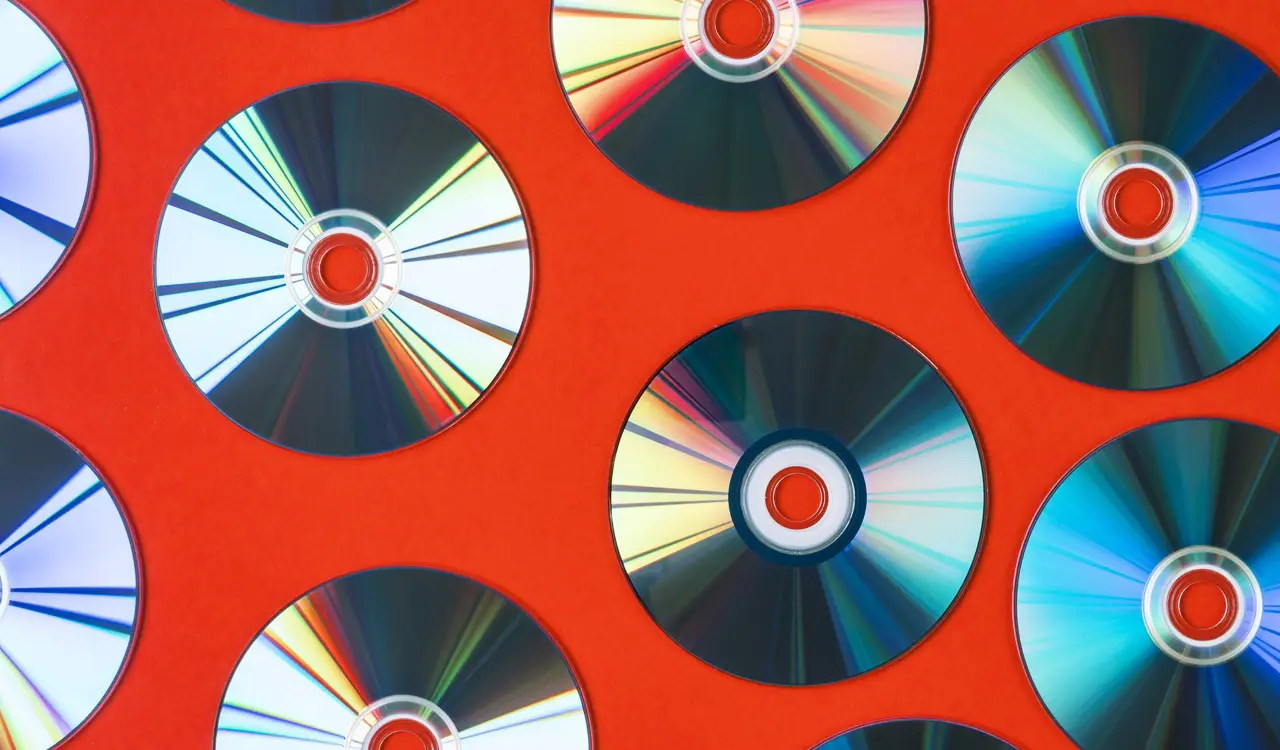After the upcoming holidays, around the time when retailers bid goodbye to garlands, Christmas décor and the occasional Menorah, Best Buy will be removing DVDs and Blu-rays from its shelves as well as from its online store. It’s the end of an era and it’s a move that signals the end of physical media as a mainstream retail category.
In light of other historical milestones, Best Buy’s decision to halt DVD and Blu-ray sales aligns with a broader pattern of how the retail world reacts to and in many cases ushers in obsolescence.
Digital Power Plays
Nonetheless, the decision to discontinue the sale of DVDs and Blu-rays is a significant move that underscores the ever-evolving landscape of the consumer electronics retail industry, namely the diminishing relevance of physical media in an era dominated by digital streaming services. Best Buy’s decision is reflective of a broader trend of consumer preference for the ubiquity offered by streaming platforms such as Netflix, Amazon Prime, Hulu, and many others. In a statement, Best Buy said, “To state the obvious, the way we watch movies and TV shows is much different today than it was decades ago.”
Duh.
But what’s more interesting here isn’t that Best Buy is pressing eject on the category, but rather the key question is: What took them so long? Perhaps part of the answer lies in Best Buy’s history as being the “Last of the Mohicans” when it comes to hanging onto obsolete tech way past its date of expiry.
But this much is true: When Best Buy says you’re done, you’re done.
Best Buy’s Role as Dr. Death
Of course, this isn’t the first time the retailer has effectively pulled the trigger (some might call it a mercy killing) that provided the final death blow to a tech category gasping for life — usually one that’s a victim of changing technology and consumer preferences.
In 2018, the company ceased selling CDs, recognizing the declining demand for this medium for many of the same reasons that, only five years later, it’s now phasing out DVDs and Blu-rays. In both cases, these were strategic decisions aligned with the company’s commitment to reconfiguring its product mix and in-store experience to meet evolving consumer needs.
Another case in point: While most major retailers stopped selling VCRs in the early 2000s – here the erstwhile Circuit City played the role of chief executioner as the first major brand to drop the SKUs – Best Buy still hung onto the category until 2005. Once a staple in households across the world in the 1980s and 90s, VCRs played a central role in how people consumed video content.
However, as DVD players and digital technology emerged, VCRs began to lose their relevance. And by the early 2000s, the decline of VCR sales was more than obvious because DVD players and digital recording technologies, such as DVRs, had skyrocketed in popularity. By the mid-2000s when Best Buy finally pulled the plug, the VCR had become so obsolete that it had already become something of rarity, available mainly on eBay or other hobbyist and curios websites.
Death Knell
Even before VCRs bit the dust, it was cassette tape players that found themselves on retailers’ chopping block – another death knell sounded in part by Best Buy in the early 2000s. The decline of cassette tape players, such as portable Walkman devices, was driven by the increasing popularity of compact discs (CDs) and, later, digital music formats like MP3 players and iPods. (Although it should be noted that, much like the recent resurgent interest in vinyl records, Best Buy still sells a handful of cassette tape players on its website.)
In light of these historical milestones, Best Buy’s decision to halt DVD and Blu-ray sales aligns with a broader pattern of how the retail world reacts to and in many cases ushers in obsolescence. As Neil Saunders, managing director and retail analyst at GlobalData Retail, aptly put it to the Minneapolis Star Tribune, “Best Buy is simply getting out of a dying category.”
Best Buy’s decision to exit the movie sales arena also comes in the wake of a significant development within the streaming industry. Netflix recently ceased shipping rental discs to its customers in September, signifying yet another marker of the waning relevance of physical media. And in a twist that has many in Hollywood still searching for answers, Netflix recently announced that in 2025 it would be opening it first “Netflix House” concepts that will be part immersive brand extension, part theme park, part who knows what.
Major Shifts in Home Entertainment
The statistics further emphasize the shifting sands of home entertainment spending. According to the Digital Entertainment Group, U.S. consumer spending on physical discs and rentals in the $10 billion home entertainment category declined by nearly 30 percent, totaling $361 million in the first quarter of this year compared to the previous year. In stark contrast, subscription streaming spending surged by more than 22 percent during the same period, reaching $8.7 billion.
On the brick-and-mortar front, the move to kill off DVDs will free up valuable floor space for a variety of other hot items. Notably, the retailer has been focusing on expanding its selection of health-related products, e-bikes, scooters, and other innovative tech items that cater to the needs of modern consumers. As Saunders said, “Although Best Buy does not dedicate a huge amount of space to physical DVDs and Blu-ray products, there are more productive things it can be doing with that space.” The retailer’s focus on maximizing the utility of its physical retail space and appealing to purposeful shoppers is a strategic move in response to changing consumer behaviors; indeed, the traffic generated by movie sales at Best Buy had dwindled to near insignificance.
Making History
Best Buy’s announcement to discontinue the sale of DVDs and Blu-rays is a significant milestone in the history of retail, echoing past instances when the industry adapted to evolving consumer preferences and technological advancements. Like the end of VCRs and the obsolescence of cassette tape-based sound systems, this new historical marker was put in place and will be credited in large part to Best Buy.





